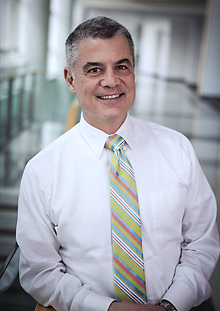Is Pharmacotherapy Ever ‘All You Need’ to Stay Sober?
While some people believe that psychosocial interventions are absolutely indispensable in addiction treatment, others are less convinced. Well, it depends on the addiction.

For opioids and tobacco, we now have medications that are strong enough to lessen a considerable amount of the burden of illness and give the patient a fighting chance to recover even in the absence of psychosocial help.
Some patients say, “Doc, I know myself. I will never make it to a meeting and will never go to therapy. Give me my ‘bup,’ and I'll be OK.” There are now data comparing pharmacotherapy with and without the addition of psychotherapy that suggests that these patients may be right!
The buprenorphine effect in a seminal 2013 Yale study was so strong that the presence or absence of cognitive-behavioral therapy (CBT) made negligible difference in opioid use.
In contrast, for alcohol use disorder, psychotherapy, mutual help groups (such as Alcoholics Anonymous), or some other form of social support is essential for successful outcomes. While we have safe and effective medications that can help in the treatment of alcoholism (which, by the way, are grossly underutilized in today's substance abuse treatment landscape), there is really no evidence that any of our FDA-approved medications can do their job in the absence of psychological and/or social support.
For stimulants, benzodiazepines, and cannabis (this side of n-acetyl cysteine at least), we have no proven pharmacotherapies to offer. When it comes to these drugs of abuse, CBT, motivational interviewing (MI), contingency management (CM), family therapy, and mutual help groups are treatments that have been shown to make people better—not medications.
Most of us agree that patients who suffer from addiction—any type of addiction—would probably benefit from counseling to help them navigate the murky, physically exhausting, and emotionally painful waters of the illness as well as the process of recovery. But for some addictions, namely opioid and tobacco, recent advances in psychopharmacology have made it imperative that we recommend medications, whether the people who suffer from these devastating illnesses are also pursuing psychosocial treatments or not. .■



